MAI QUYEN (According to AP, Reuters)
Fiji Prime Minister Sitiveni Rabuka said on June 7 that the country will review its security relationship with China amid rising geopolitical tensions in the South Pacific .
New Zealand Prime Minister Hipkins (left) and his Fijian counterpart Rabuka. Photo: Reuters
Mr Rabuka is currently on a state visit to New Zealand. And in a press conference with his New Zealand counterpart Chris Hipkins, Prime Minister Rabuka confirmed that the two sides are working on a defence agreement that could be finalised next week, allowing the Fijian military to build capacity, skills and access new technology.
The deal comes as New Zealand, Australia and their partners seek to prevent Pacific island nations from deepening security ties with China. The Rabuka government also has a controversial security agreement with China. In 2011, the government of Prime Minister Frank Bainimarama signed a memorandum of understanding allowing Australian police to train in China. The agreement also allows Chinese police to be deployed to the South Pacific island nation for three to six months.
However, since taking power after a general election six months ago, Prime Minister Rabuka’s coalition government has been skeptical of the close relationship with Beijing. In an effort to break away from his predecessor’s policy, Rabuka said in January that Suva may not need to continue the security agreement with China because of “differences in democratic, political and judicial institutions.” Fiji later unilaterally suspended activities related to the agreement, but took no further action. China, for its part, said the security agreement had benefited Fiji and hoped the two sides could continue to cooperate.
Contrary to the above wishes, Prime Minister Rabuka in his speech in New Zealand seemed to have made up his mind when mentioning that Fiji could “completely stop” the agreement with China. According to him, the region is facing greater geopolitical competition and the common concern of South Pacific countries is escalating militarization once the diplomatic process fails to produce results. In such a context, Mr. Rabuka did not directly mention China but doubted that the difference from system to value will bring practical cooperation. “Fiji needs to reconsider that before deciding whether to continue the security agreement or whether we should go back to traditional partners with similar values and democratic systems,” - Prime Minister Rabuka added.
US and allies step up countermeasures against China's influence
In recent years, the US and China have been jostling for influence in the South Pacific. In a move that has alarmed Washington and its allies, China last year signed a separate security pact with the Solomon Islands. Speculation has mounted that the pact could pave the way for Beijing to build its first military base in the South Pacific. In a sign of China’s expanding economic and security influence in the region, the US confirmed in May that it had signed a new security pact with Papua New Guinea, a strategically located country just north of Australia. Washington has also opened embassies in the Solomon Islands and Tonga and revived a Peace Corps volunteer program.
Source link


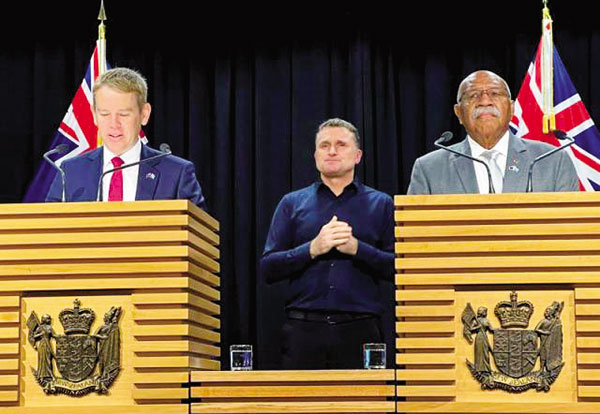
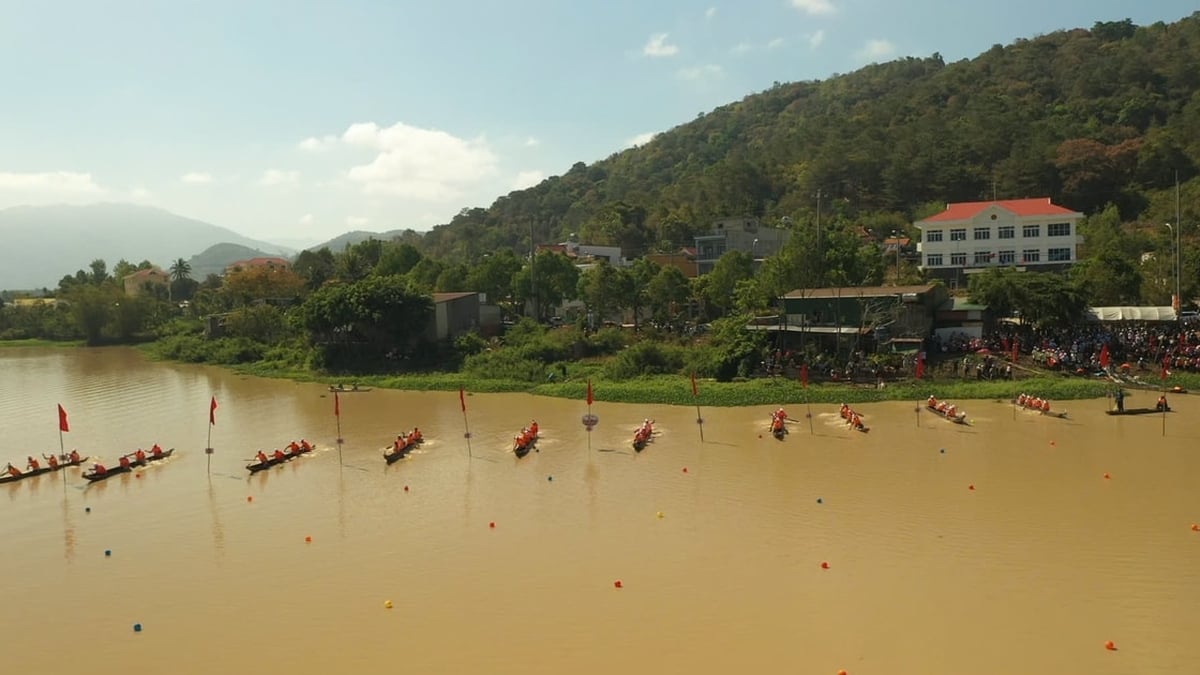

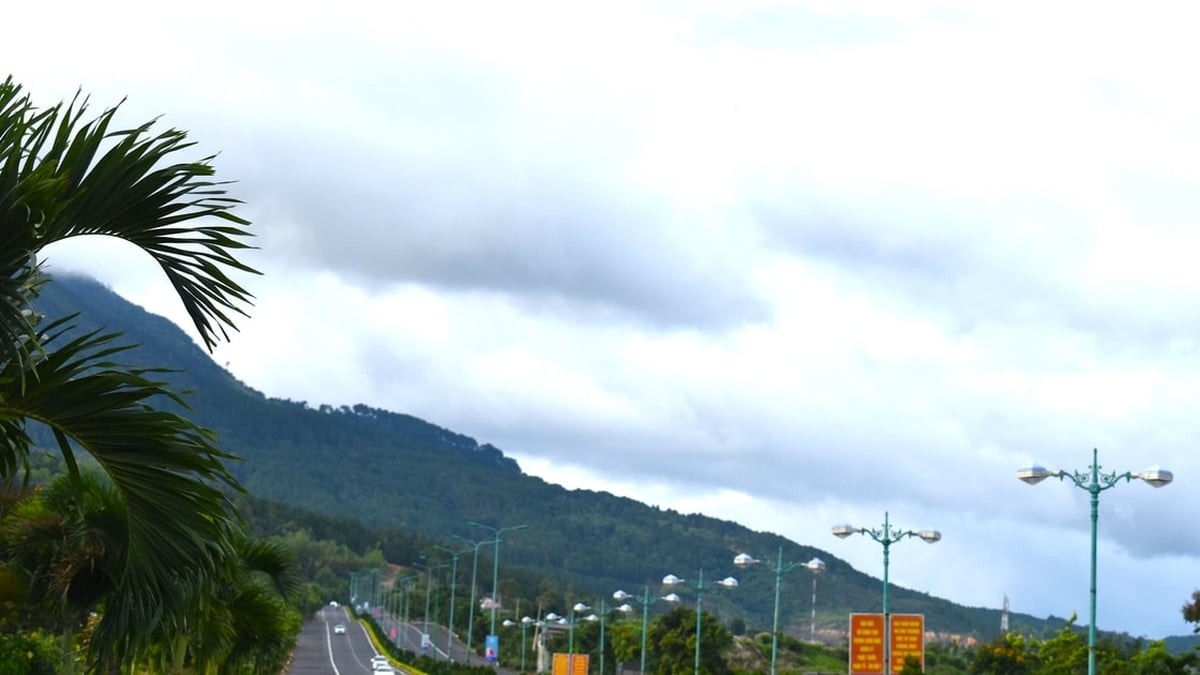
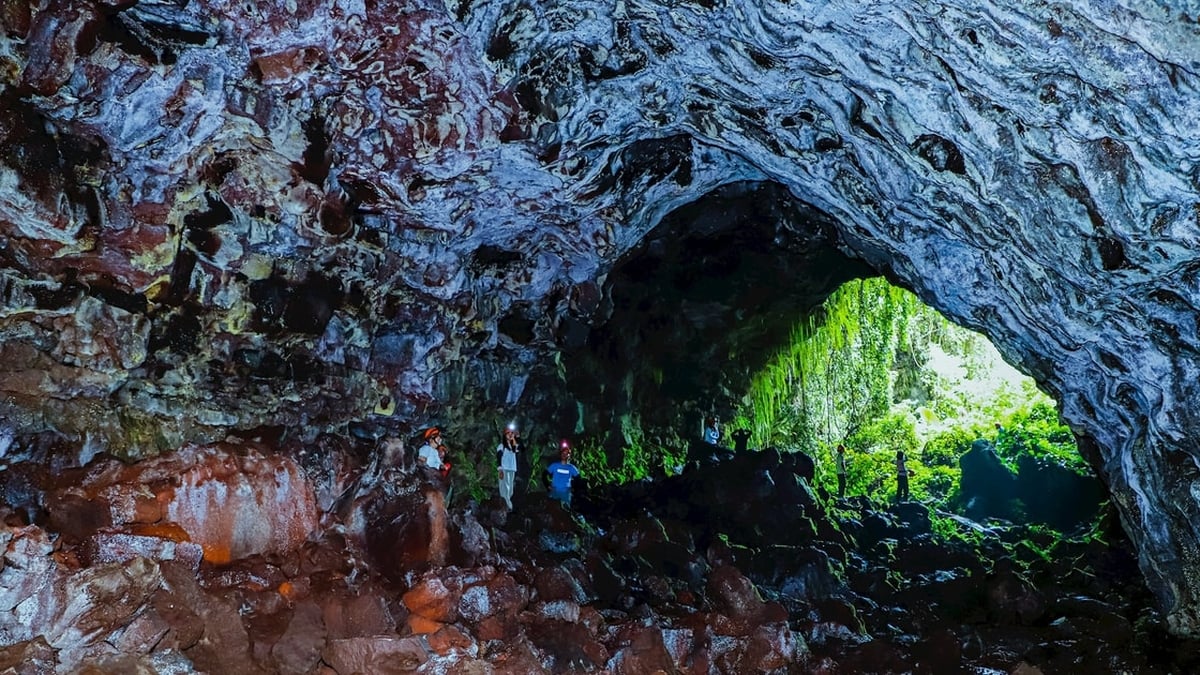

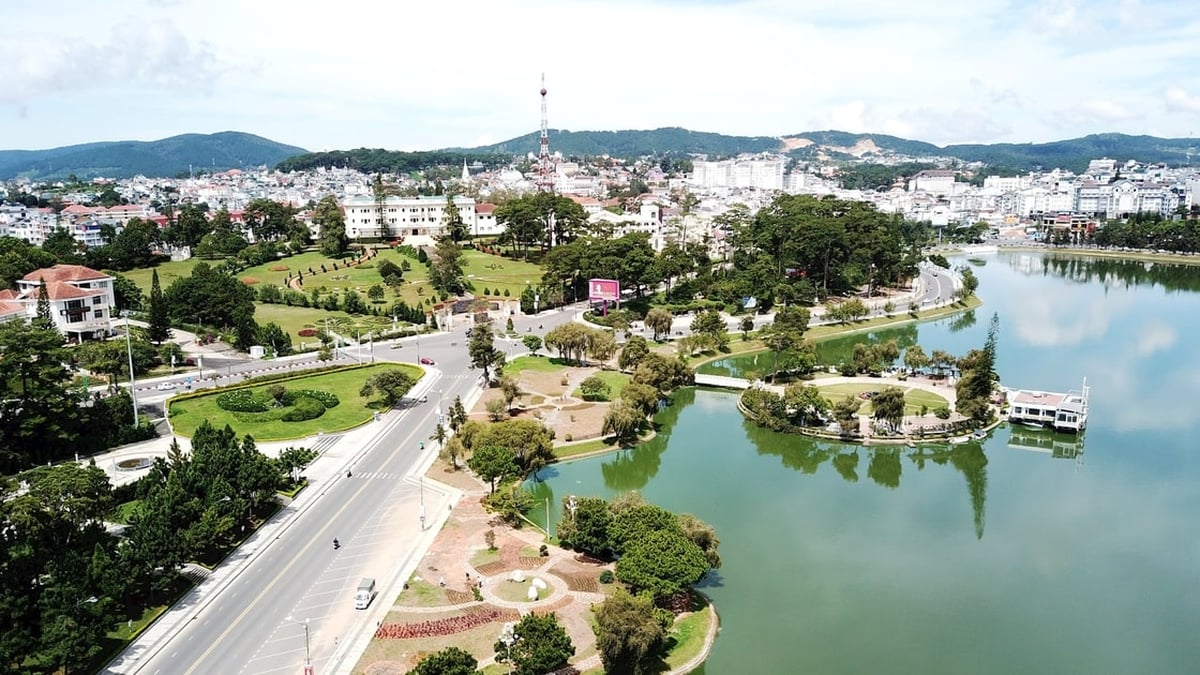

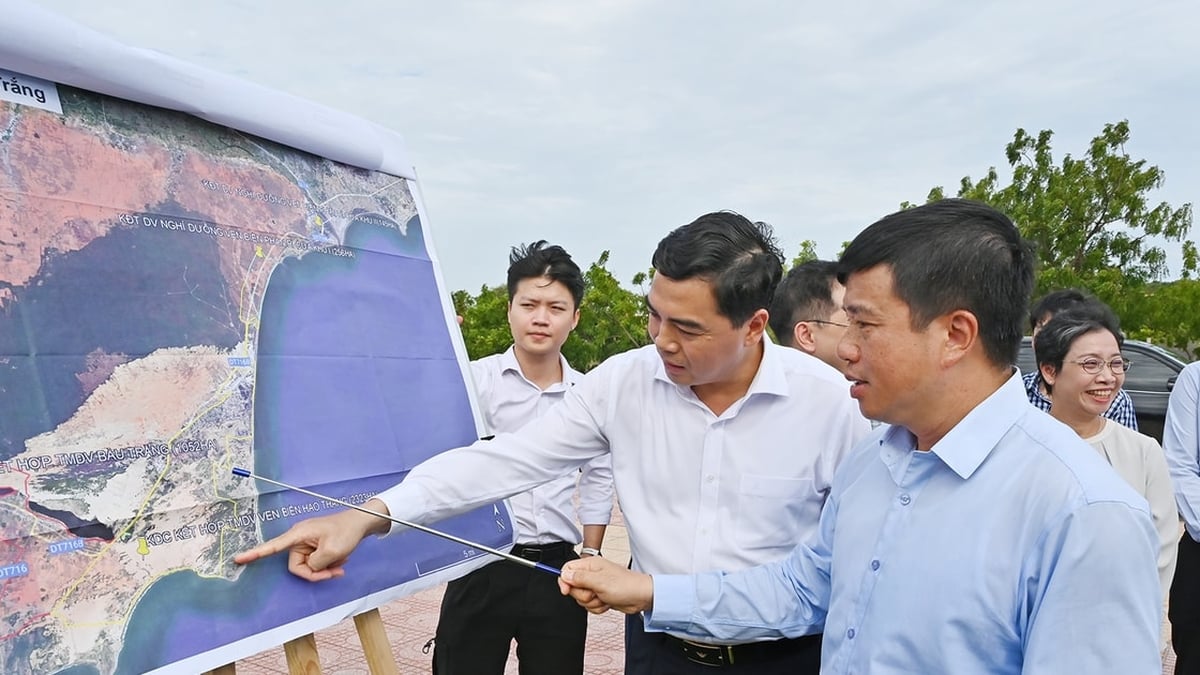
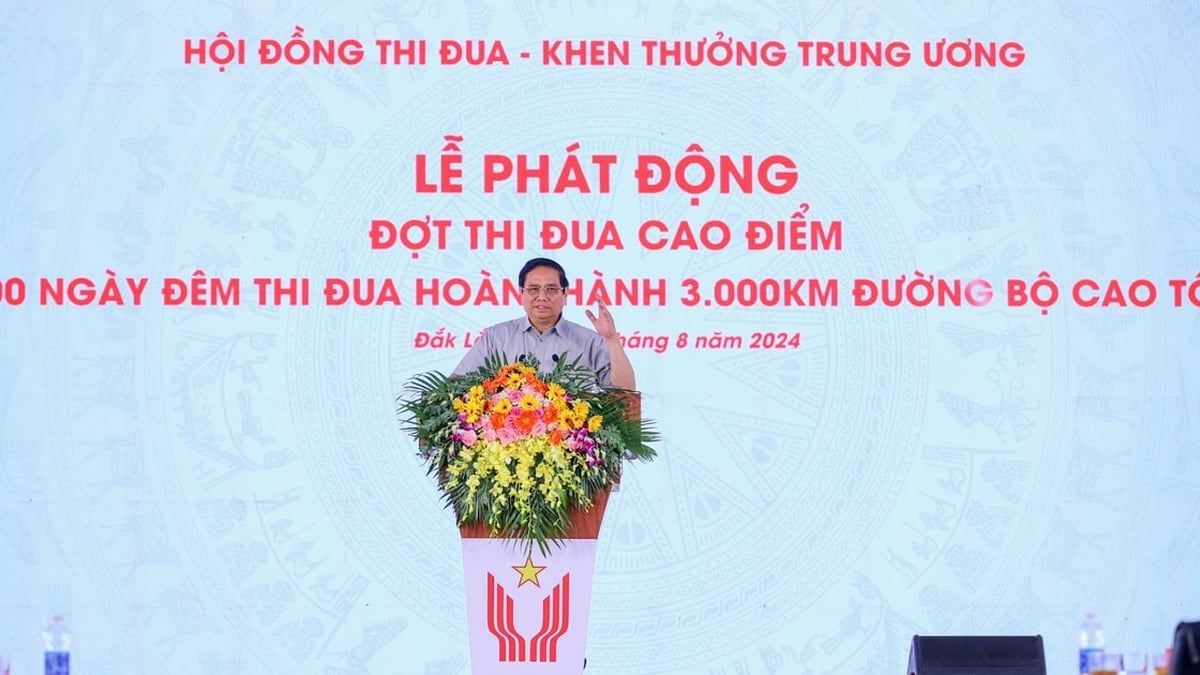
























































































Comment (0)